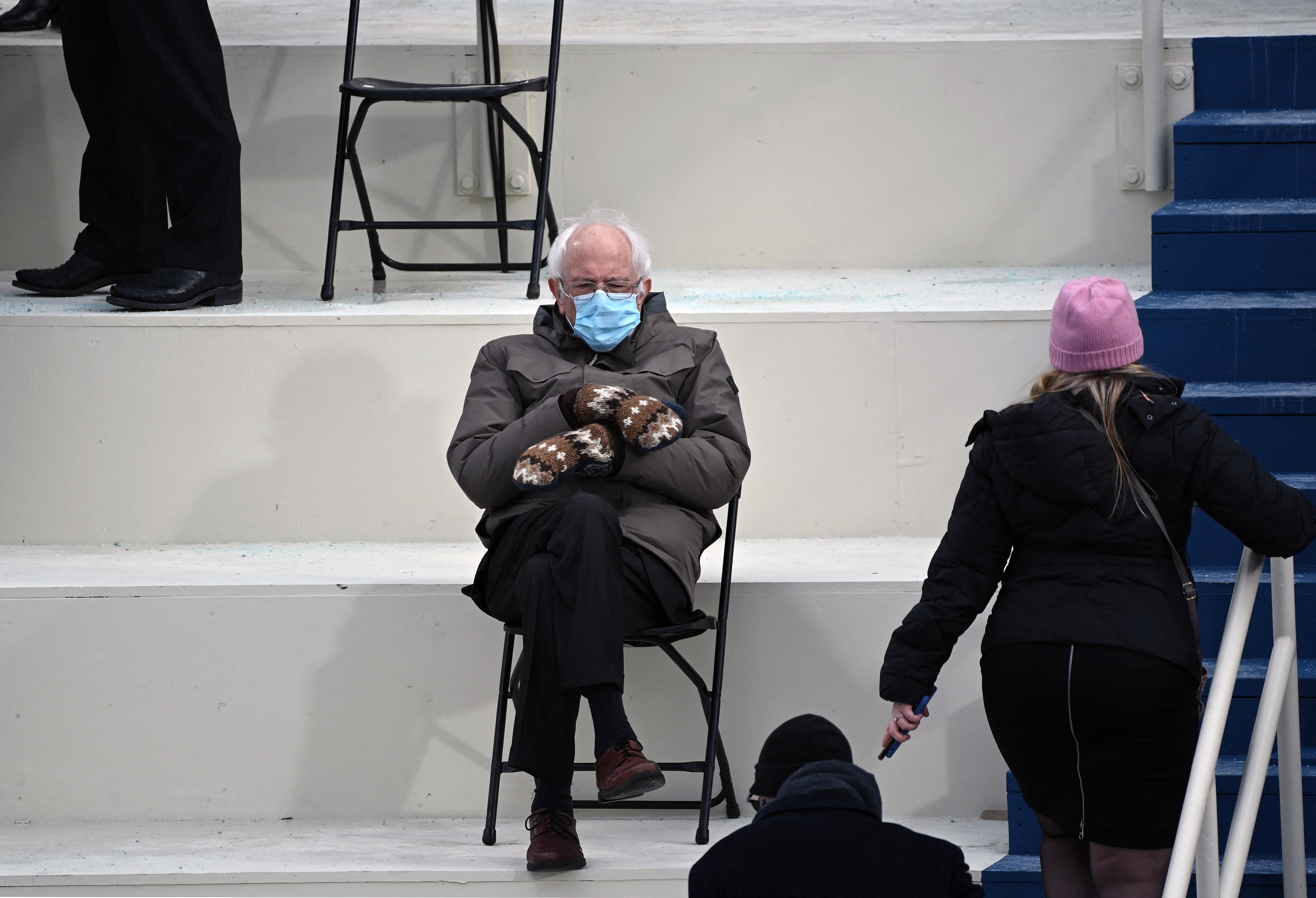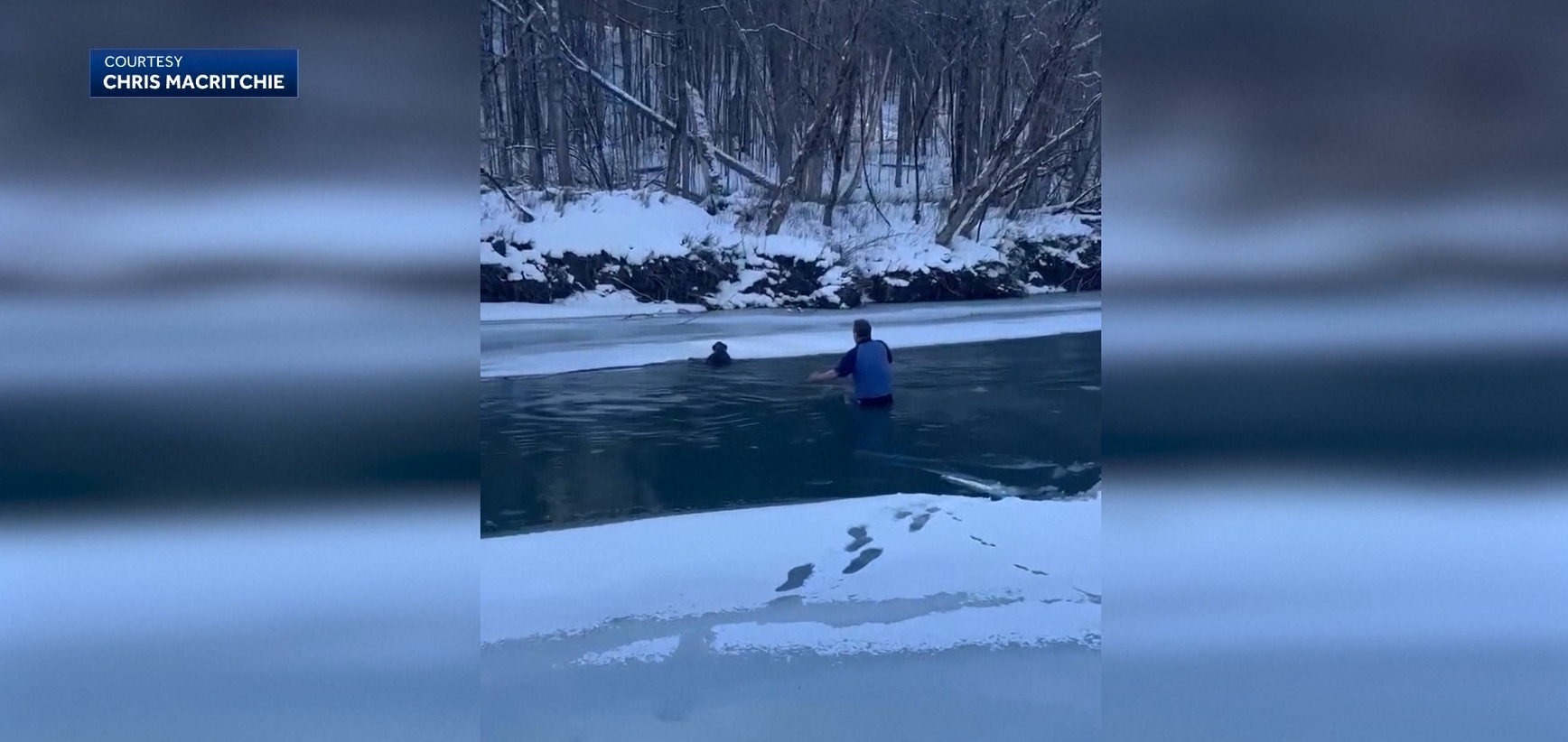
COVID-19 could have much graver impacts for certain groups than others, such as seniors or people with compromised immune systems.
Vermonters are urging their neighbors to take personal steps to protect seniors and those with compromised immune systems from COVID-19.
The state has reported two cases of COVID-19, one in Bennington County and one in Chittenden County, though state leaders expect the number of cases to grow.
“I literally will die,” said Karen Geiger of Williston, who is about to begin her second round of chemotherapy for rectal cancer.
Chemo significantly weakens patients’ immune systems.
“I’m not taking visitors anymore,” Geiger said, describing a step she has taken to shield her fragile immune system. “Stay as calm as you can, but understand people who are vulnerable are probably feeling the anxiety at a much higher level.”
A key reason doctors are so desperate to slow the spread of COVID-19 is because of the toll it could take on medically vulnerable groups.
Late Friday afternoon, Gov. Phil Scott, R-Vermont, declared a state of emergency in his state through April 15, largely aimed at protecting its most vulnerable residents.
Vermont
The latest news from around the state
Scott said because of the state's aging demographic, he is highly concerned about possible health impacts on older Vermonters.
Under the governor's emergency order, long-term care facilities will drastically limit access to visitors, with certain exceptions.
Large, nonessential gatherings with more than 250 people will not be allowed, Scott announced.
Additionally, all non-essential out-of-state travel by state employees will be suspended, Scott said.
Vermonters returning to the United States from Europe also should report their travels to the Vermont Department of Health, the administration said.
The CDC has provided guidance for people at higher risk for serious illness from COVID-19.
Sarah Lemnah at the Cancer Patient Support Foundation said she hopes Vermonters are serious about washing their hands, not touching their faces, and avoiding crowds for a while, to help keep others safe.
Additionally, if you are sick, stay home, Lemnah urged.
The organization's executive director said when we stay healthy, we help keep others safe too.
“Cancer patients have this network around them supporting them,” Lemnah told NECN and NBC10 Boston. “If anybody in that network gets sick, then the cancer patient is compromised.”
Beth Hammond heads the Heineberg Community Senior Center in Burlington, which has suspended certain group activities because of the new virus.
Hammond said we all need to take steps to cut the chances of coronavirus reaching our older neighbors.
“It keeps me up at night,” Hammond said. “We know the risks are high, especially for the aging population.”
Taylor Small at the Pride Center of Vermont works on health and wellness issues facing the LGBTQ community.
She said people living with HIV who are connected to medical care should only have a slightly higher risk from COVID-19 than the general population.
“What we do worry about are folks who don’t know their status for HIV, and therefore their immune system would be compromised and would have a higher risk of contracting coronavirus,” Small said.
Cancer patient Karen Geiger said she’s grateful for the heightened awareness on protecting others.
“We’re all in this together,” Geiger said.



